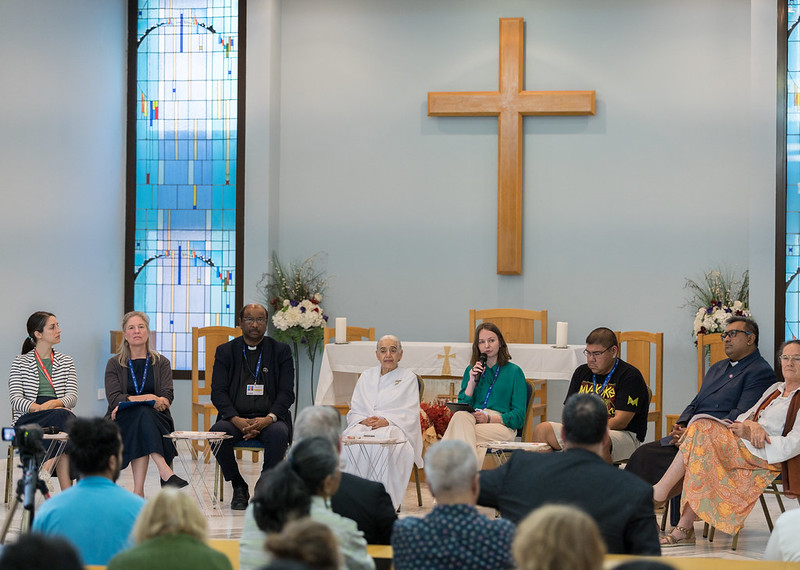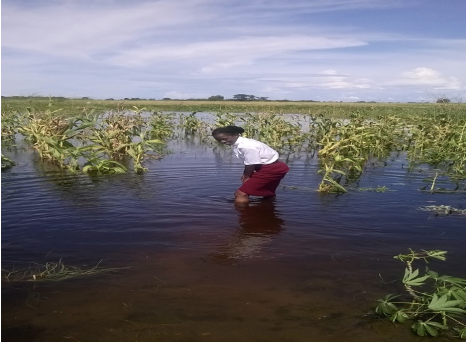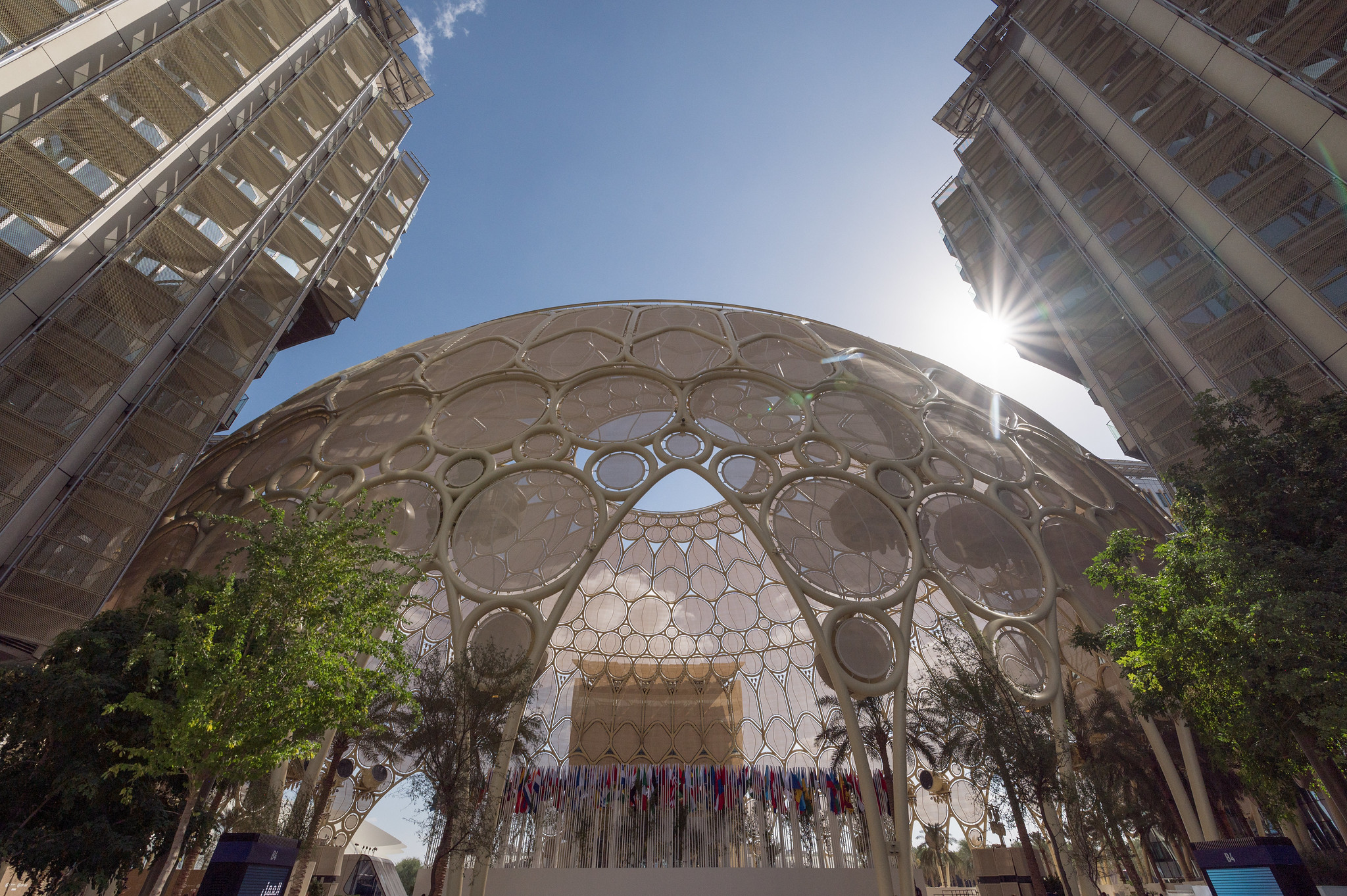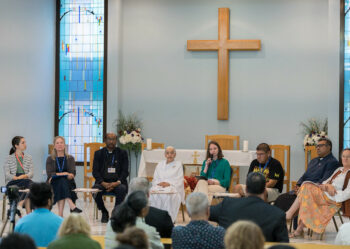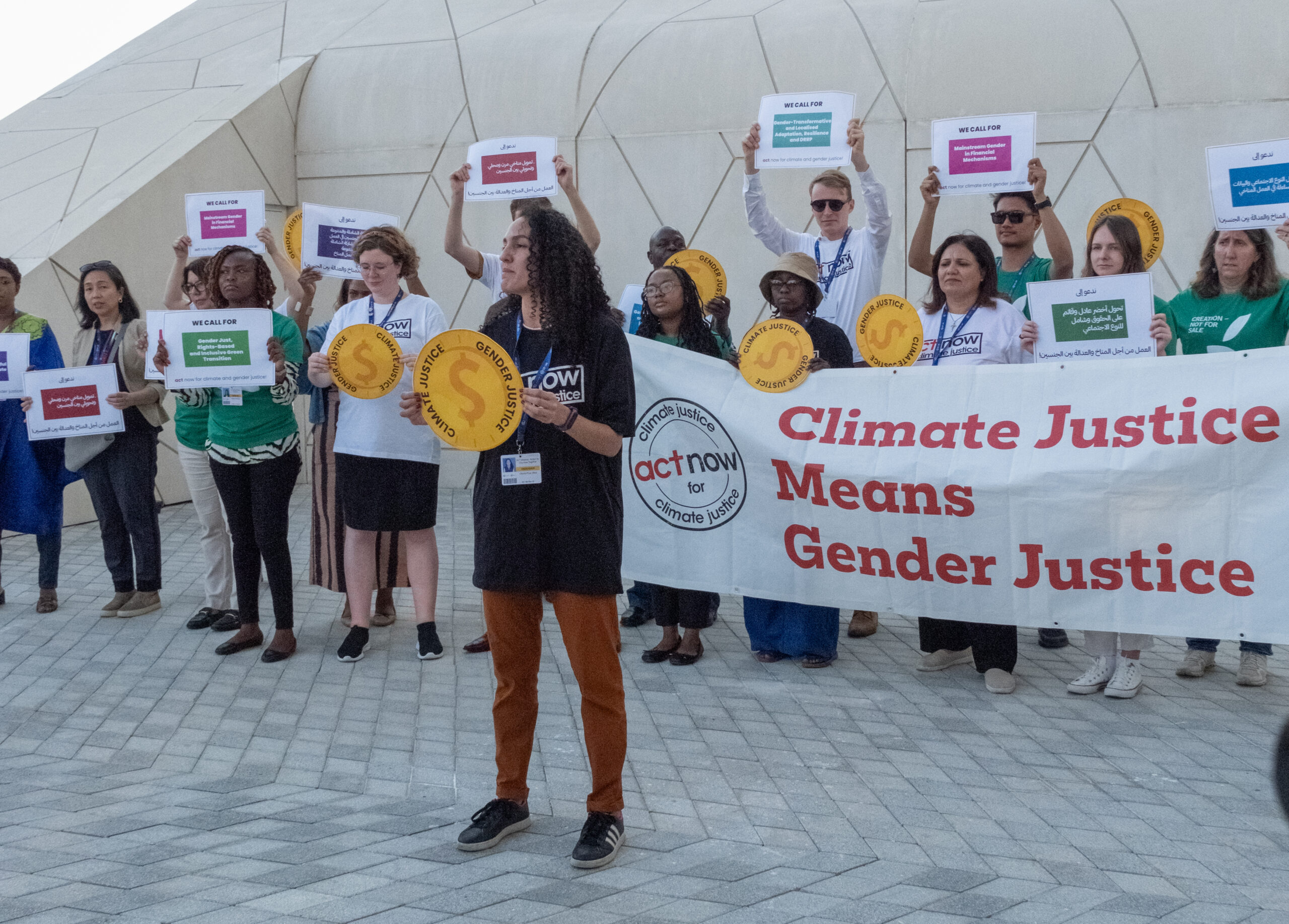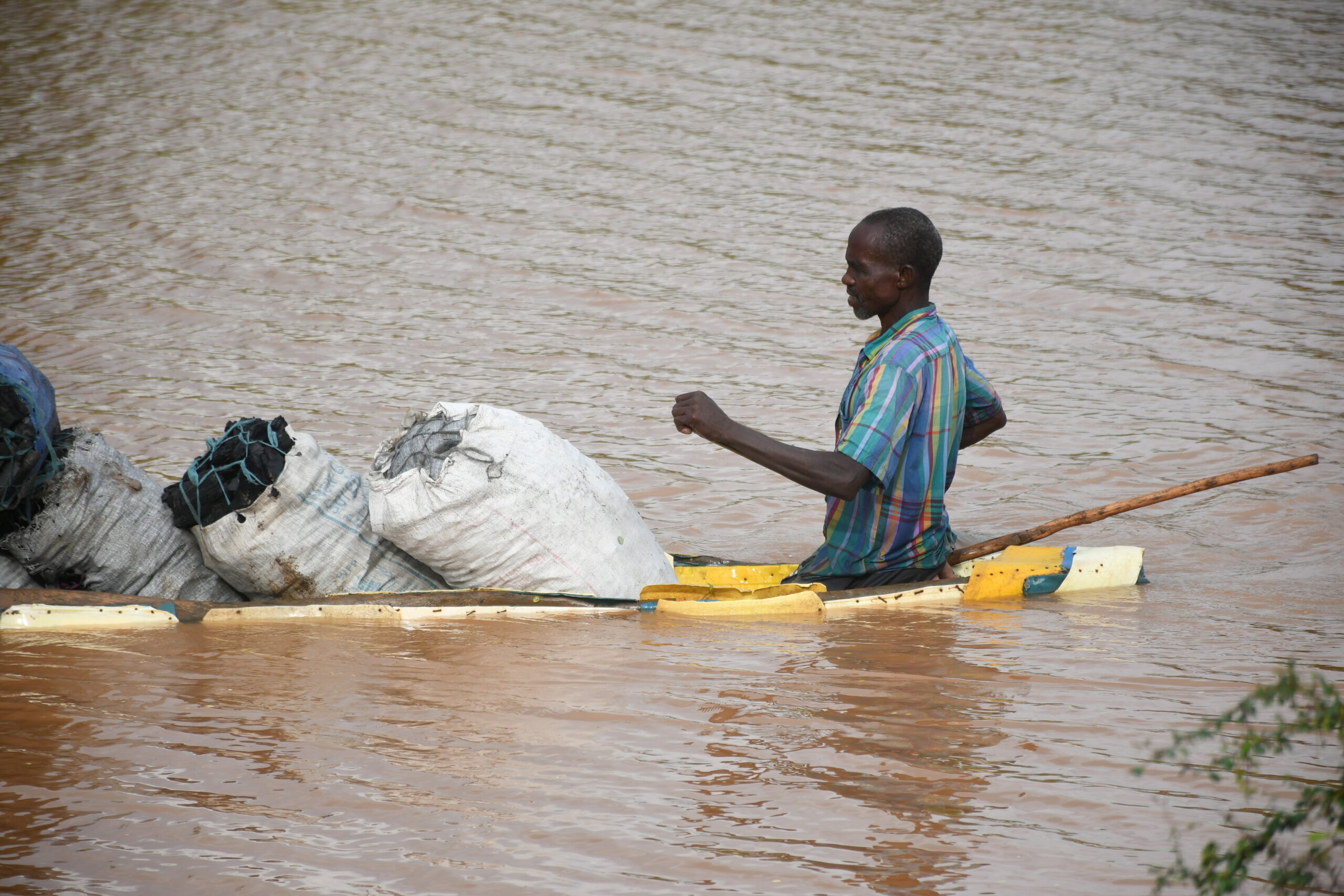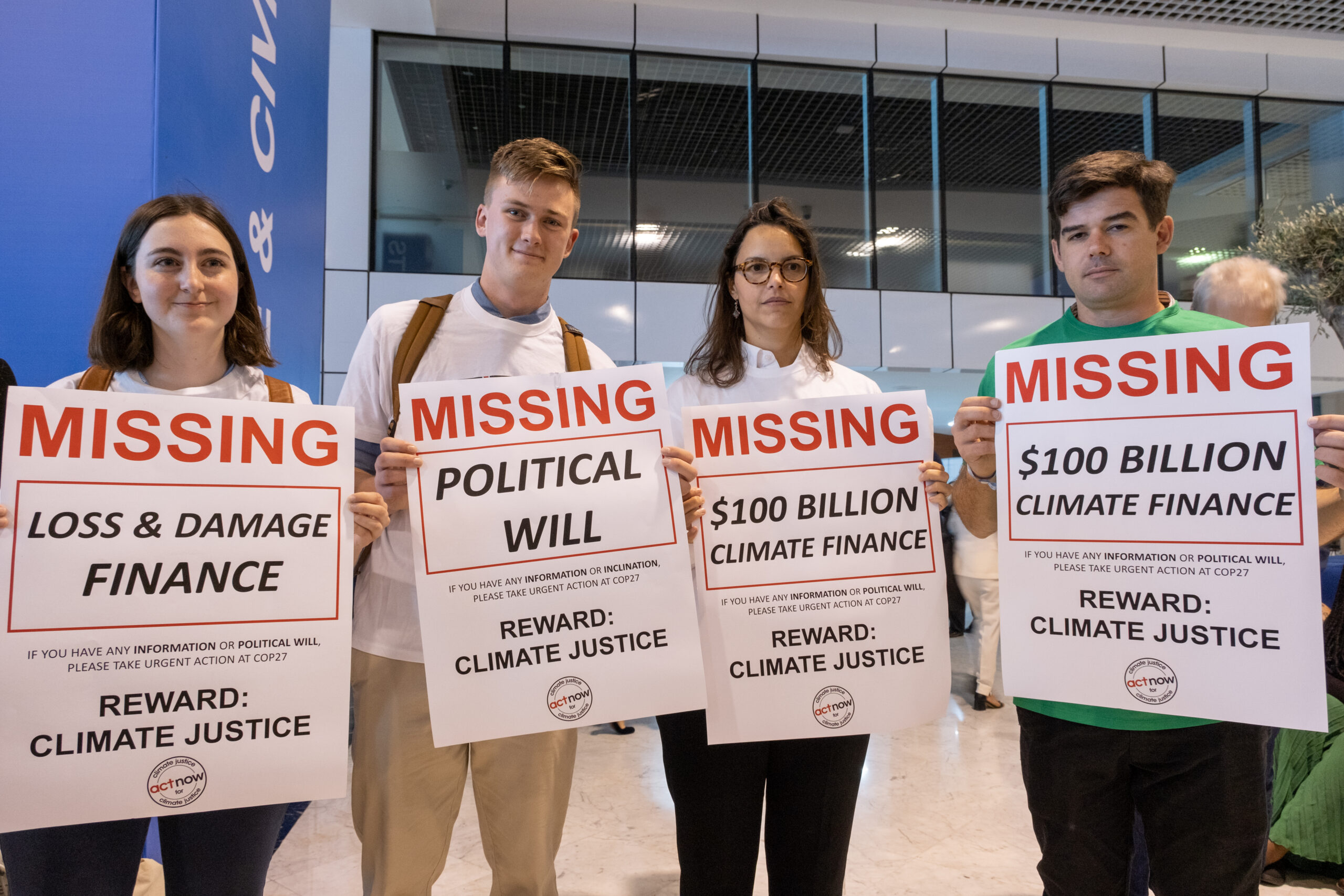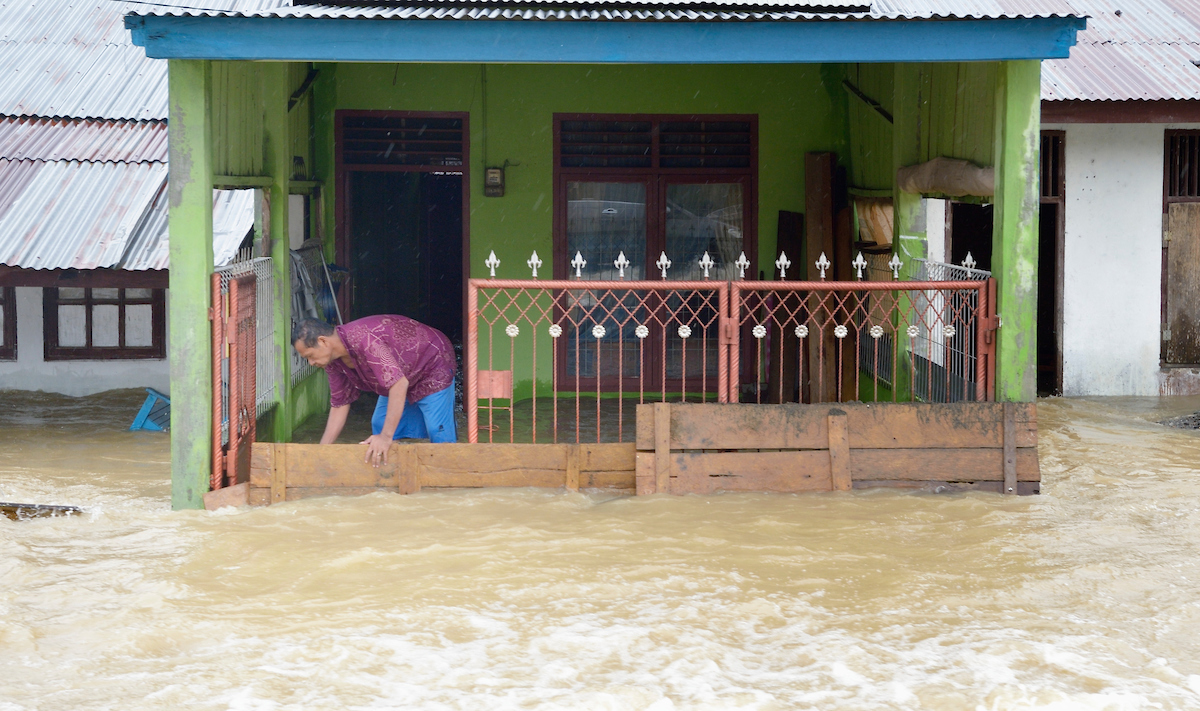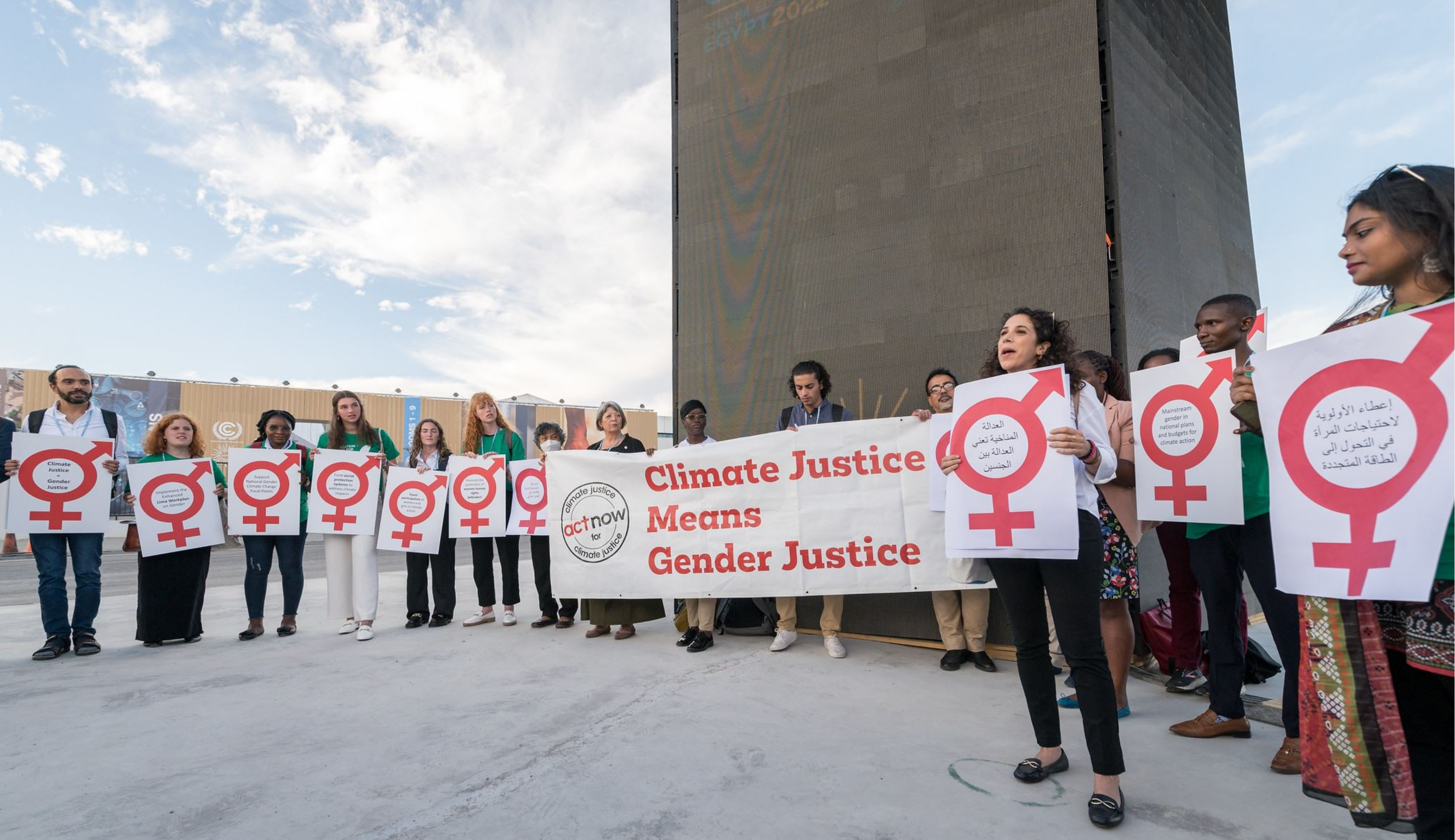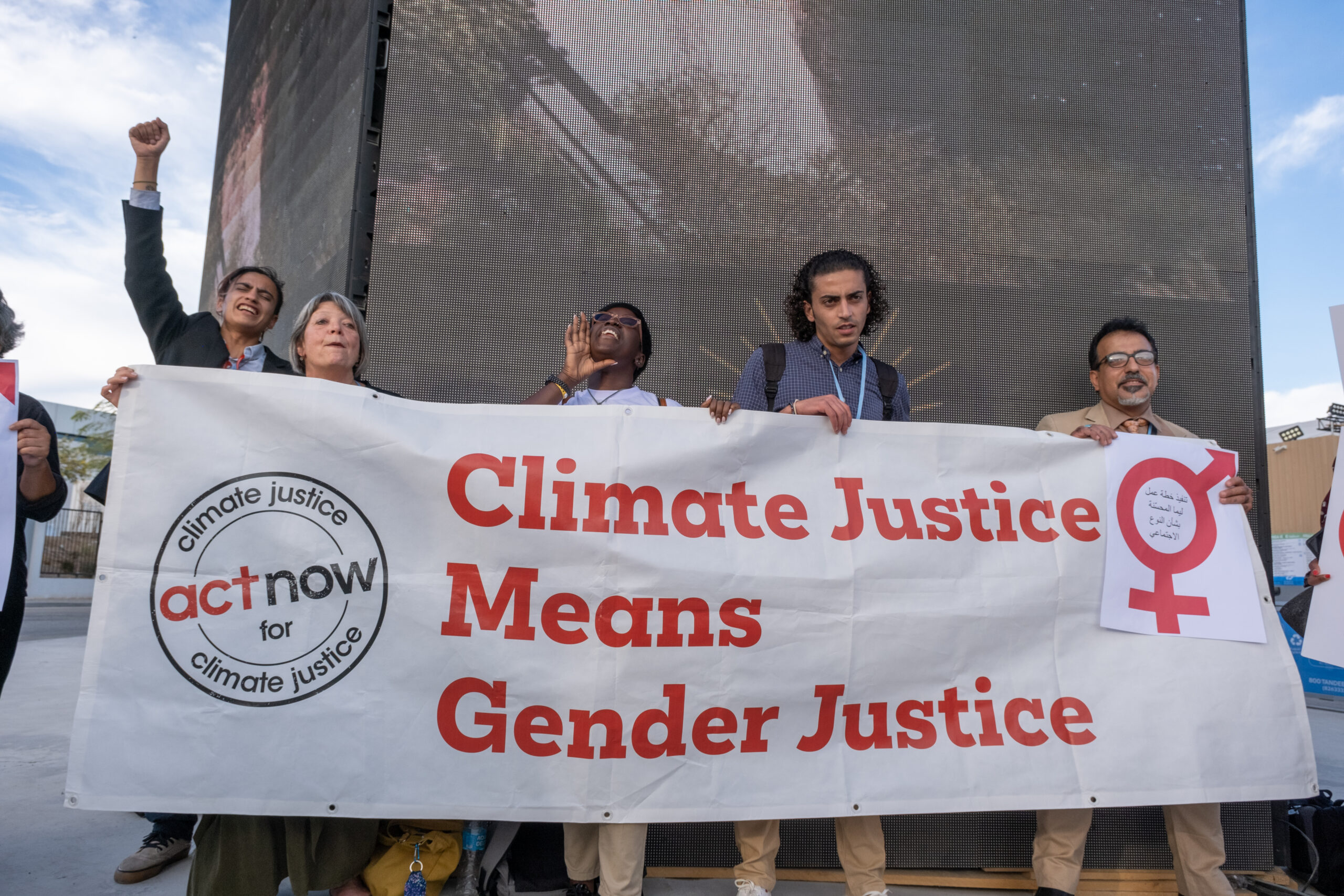10 December 2023
FOR IMMEDIATE RELEASE
MEDIA ADVISORY
Dubai, United Arab Emirates: Voices of faith share their calls to world leaders for justice in negotiations on topics such as fossil fuel transition, climate finance, loss and damage, human rights, and GST. Faith members, involved in climate advocacy, bring a unique perspective grounded in the moral call to climate change. This perspective influences their technical experience and their work with communities on the frontlines of the climate emergency.
85% of the world’s population ascribe to a faith tradition. Members of these faith communities work at the local, regional, national, and international levels to pursue climate justice. The Interfaith Liaison Committee brings together faith constituencies working to achieve climate justice to raise their voices together and share their stories from their traditions and experiences around the world..
What: Call for justice in GST, human rights, just transition, climate finance, Loss & Damage, Indigenous justice, and intergenerational justice.
Who:
Lindsey Fielder Cook, Representative for the Human Impacts of Climate Change, Quaker United Nations Office, Gernamy
Mattias Søderberg, co-chair ACT Alliance Climate Justice Group, DanChurch Aid, Denmark
Maua Maro, youth climate activist, Lutheran World Federation, Kenya
Shantanu Mandal, youth climate activist, Brahma Kumaris, India
Elena Cedillo, co-chair ACT Alliance Climate Justice Group, Lutheran World Federation, Switzerland
Faith Sebwa, 12 years old, student of class VI, hearing impaired, Kenya
Rev. Henrik Grape, Senior advisor on Care for Creation, Sustainability, and Climate Justice for the World Council of Churches – Moderator
Where: Press Conference Room 2 Zone B6 building 77 and online
When: Monday, December 11, 2023 14:30-15:00 Dubai time
Why: Faith communities bring concrete experiences of the impact of climate change on the most vulnerable people, including women and girls in all their diversity and people on the move, who have done the least to cause climate change and are facing the brunt of its impacts. Faith groups are on the front lines, responding to climate change through mitigation, disaster risk reduction, adaptation, and more.
# # # # #
MEDIA CONTACT
Simon Chambers- WhatsApp: +1-416-435-0972, Email: simon.chambers@actalliance.org
Director of Communications, ACT Alliance

